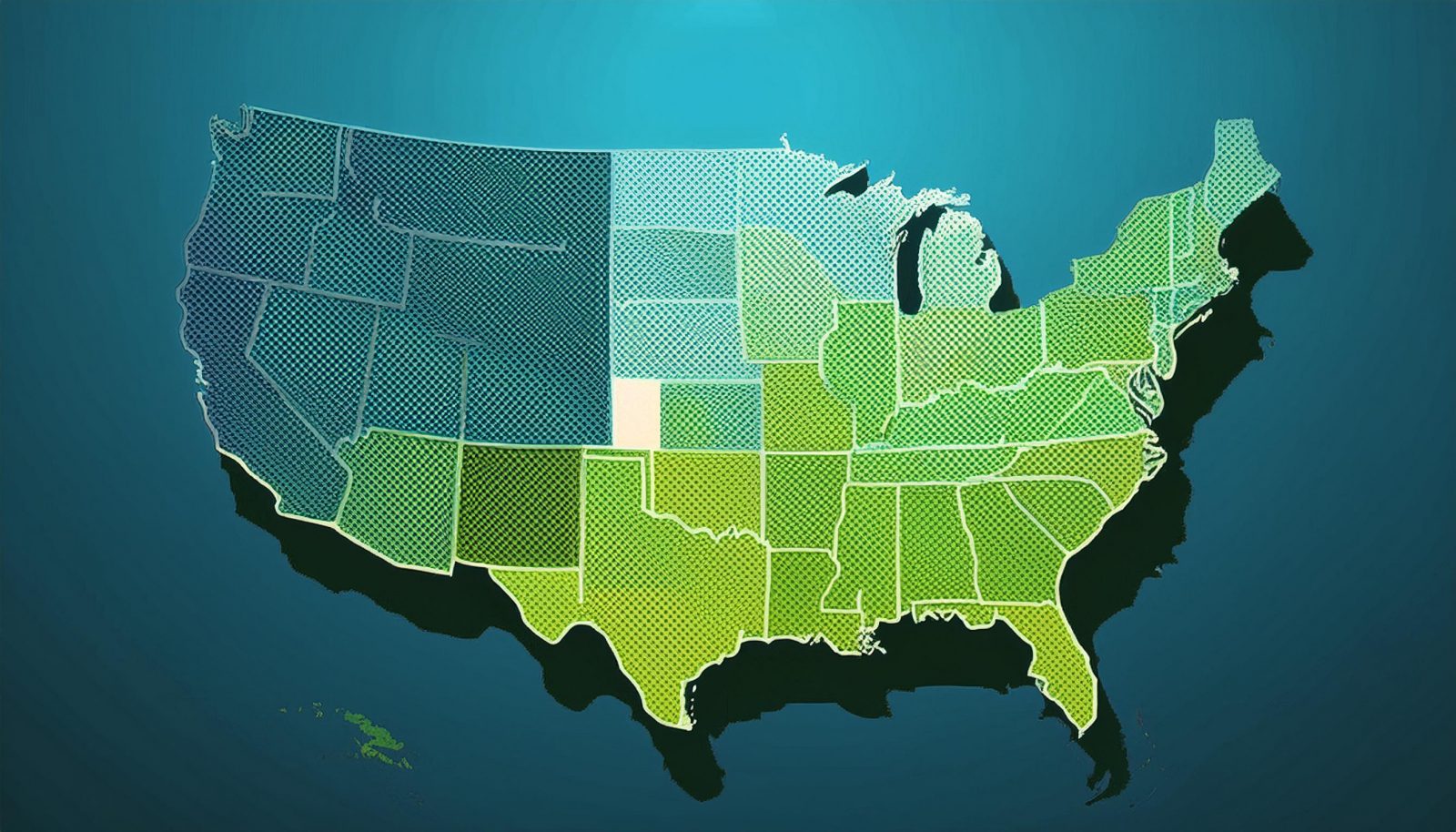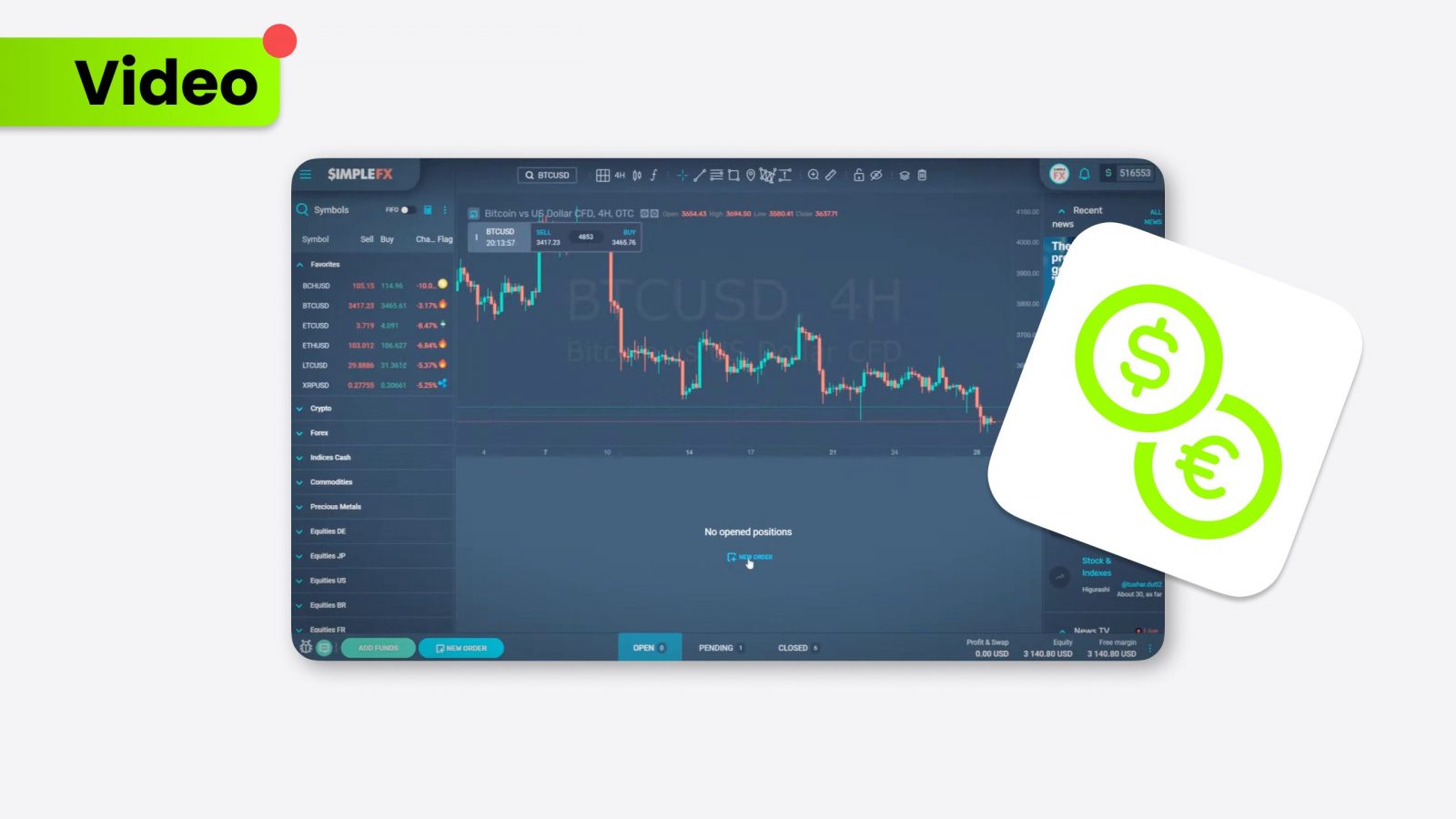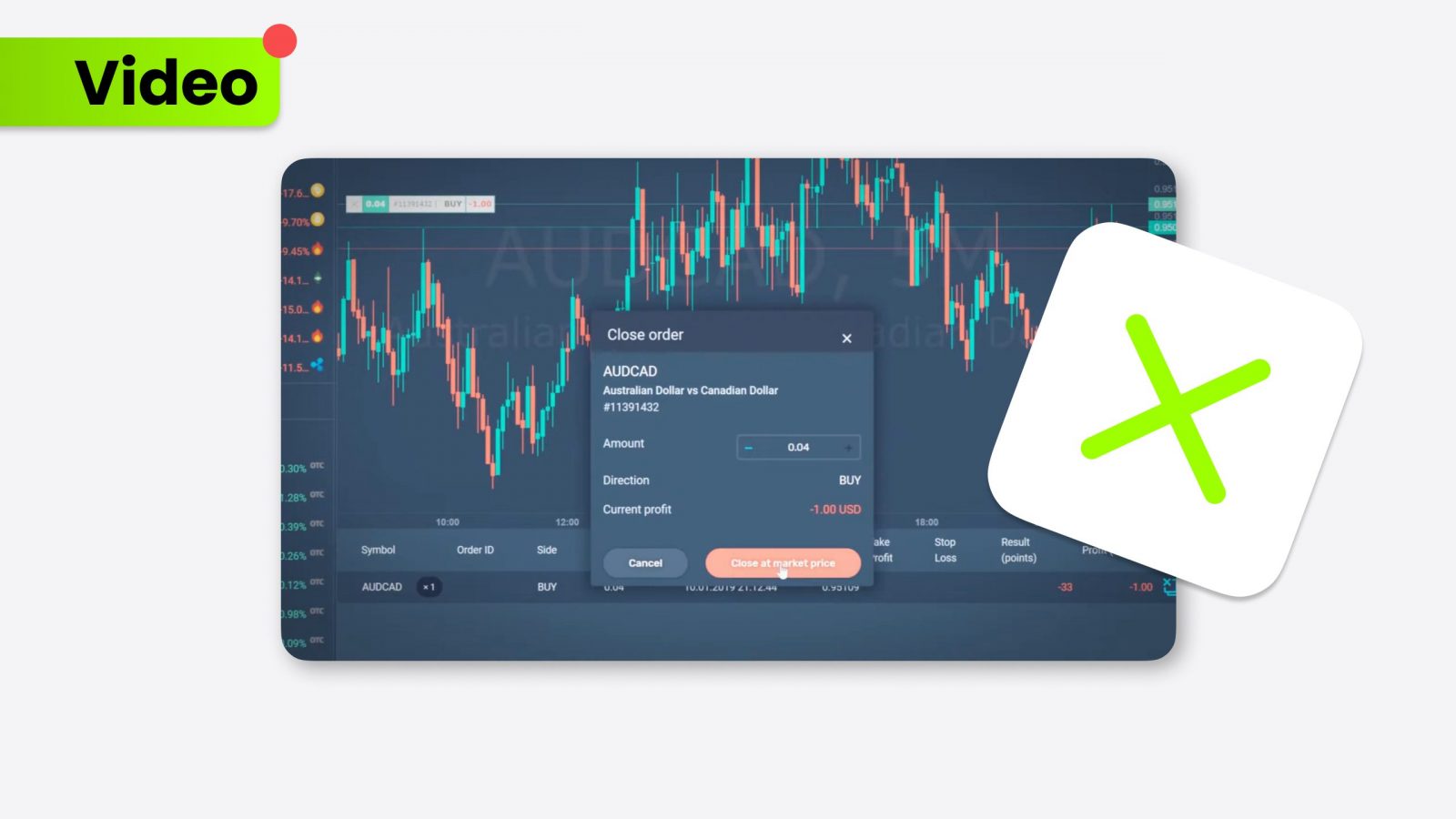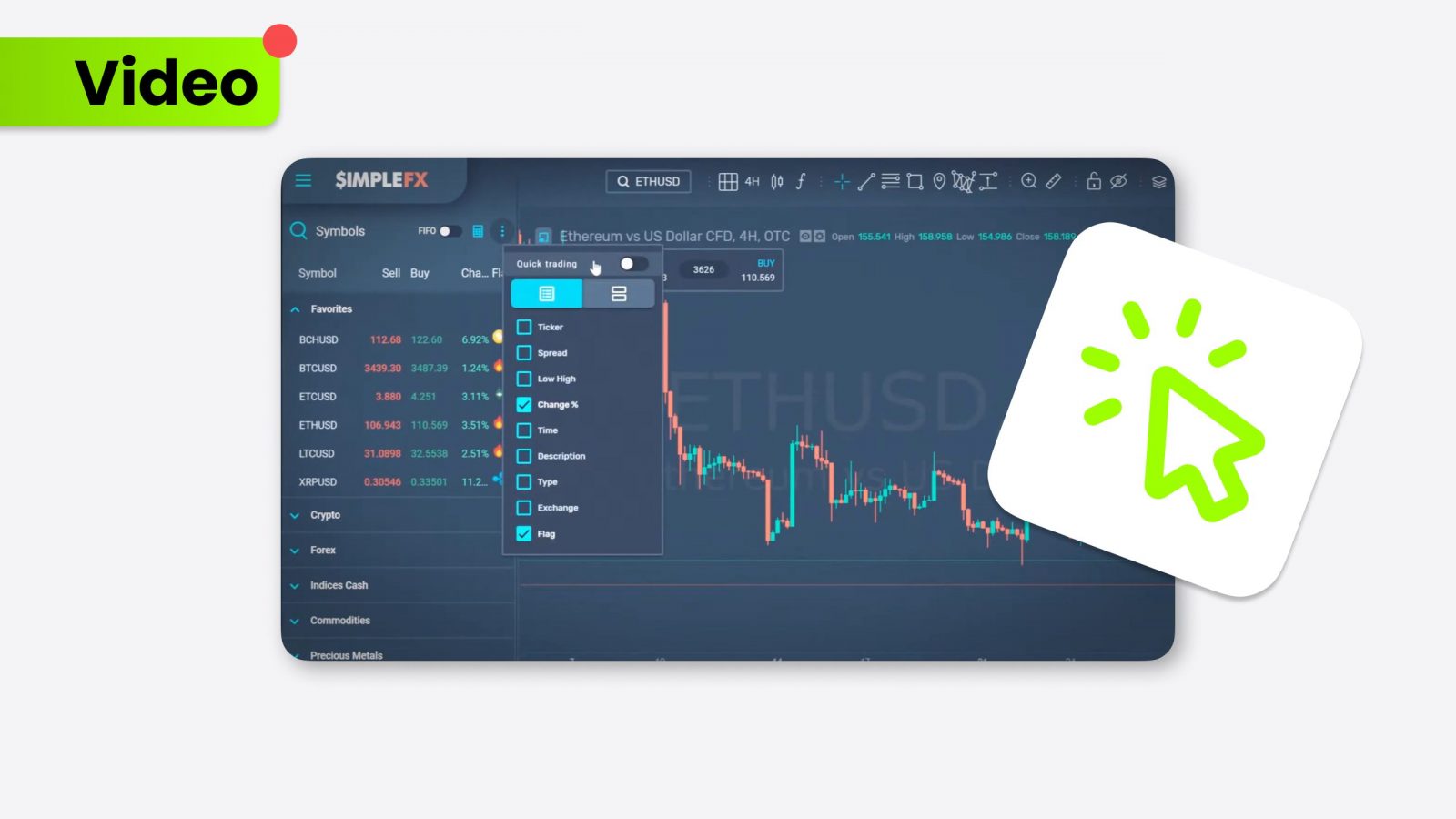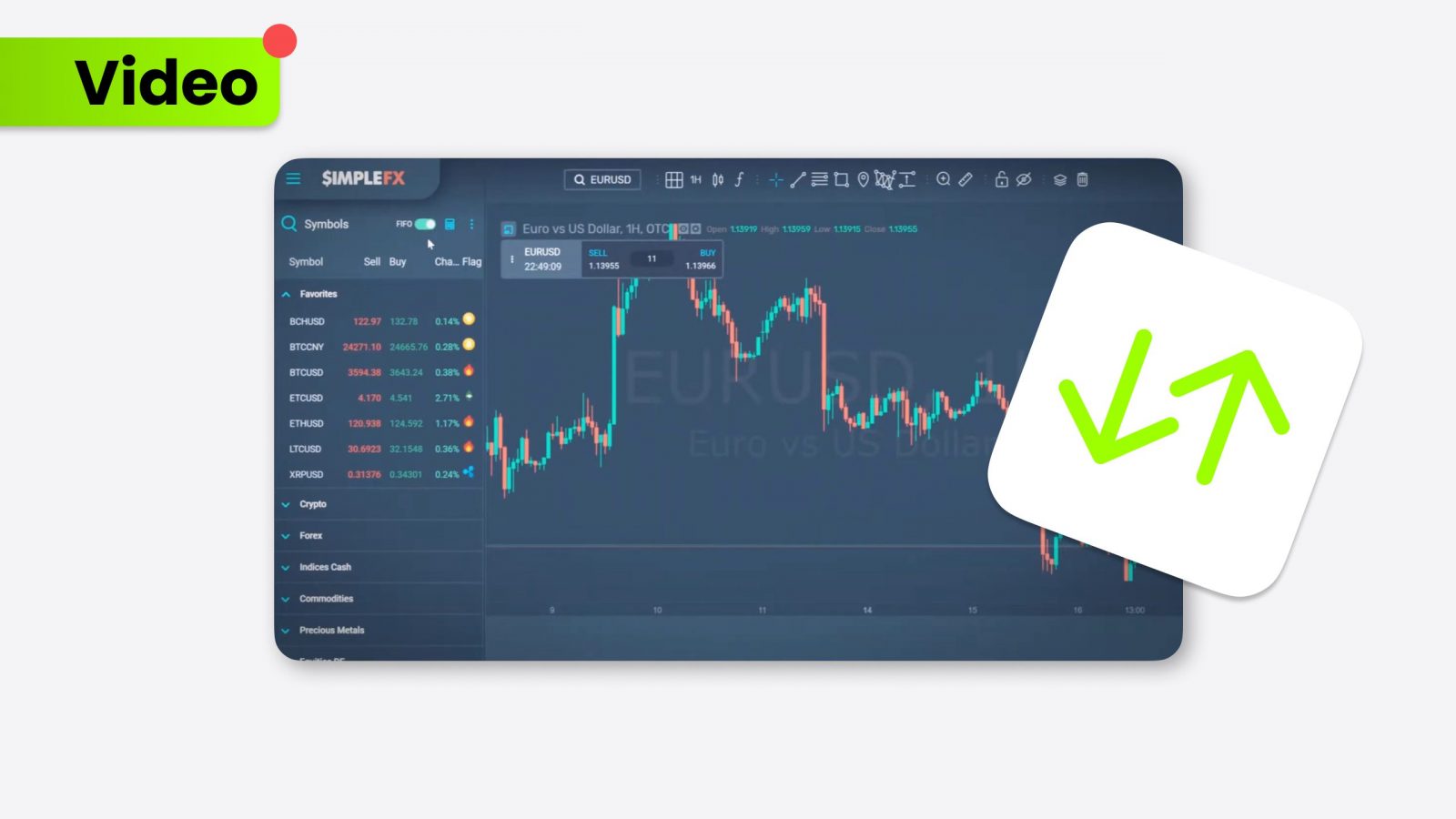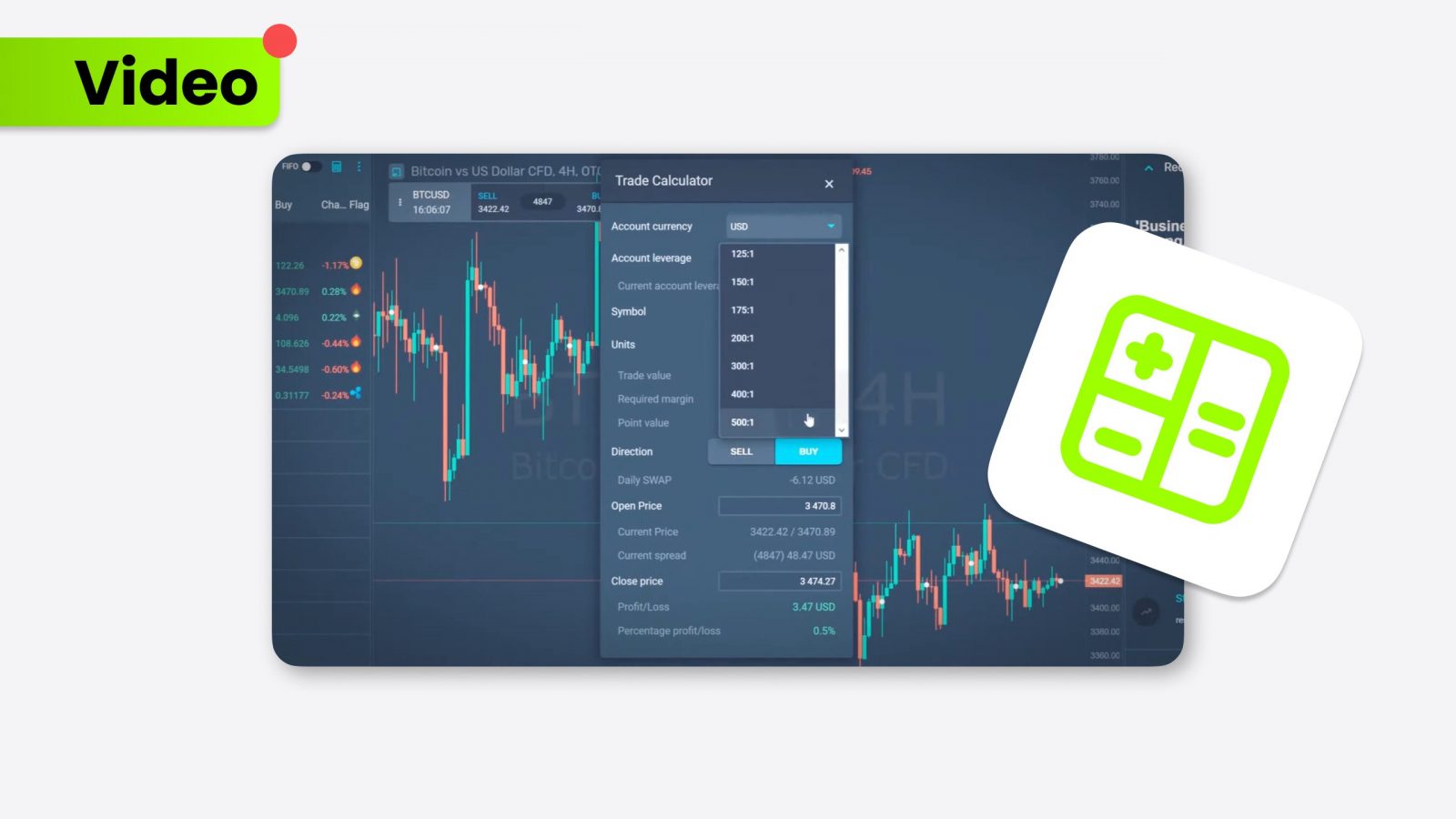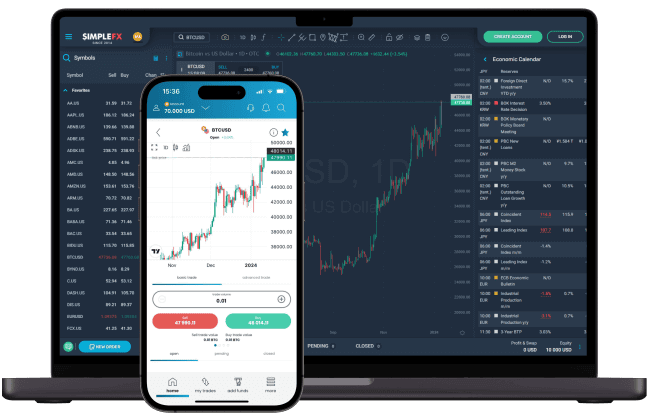The history of U.S. elections is a fascinating narrative of changing political dynamics, voter behavior, and significant economic implications. Key elections, such as those involving Joe Biden, Donald Trump, and Barack Obama, have shaped U.S. policy and influenced global financial markets, including Forex, commodities, and American indices like the S&P 500, NASDAQ, and Dow Jones.
- Explore the impact of recent U.S. elections on the U.S. Dollar and global markets.
- Understand the historical significance of key elections involving Biden, Trump, and Obama.
- Analyze the economic outcomes of U.S. elections on various sectors, including crypto and commodities.
U.S. elections history: Overview
U.S. elections have always played a crucial role in shaping the nation’s political and economic landscape. Over the years, the outcomes of these elections have influenced domestic policies and had significant repercussions on global markets. For instance, the U.S. Dollar (USD) often reacts to election results, with fluctuations in its value impacting everything from the Euro to Dollar exchange rate to commodities like oil and gold (XAUUSD). Understanding the history of these elections helps grasp how political changes can influence economic indicators such as the NFP (Non-Farm Payroll) reports and the performance of the USD history over time.
Biden 2020
Election Date: November 3, 2020
Oath of Office: January 20, 2021
The 2020 election saw Joe Biden defeating incumbent President Donald Trump in a highly contentious race. Biden’s victory was marked by a shift in focus toward addressing the COVID-19 pandemic, environmental policies, and economic recovery. This election had significant implications for global markets, with the USD experiencing volatility as investors reacted to the uncertainty surrounding the election outcome. The Biden administration’s policies on climate change and renewable energy also directly impacted commodities like oil and gold and the performance of American indices like the S&P 500 and NASDAQ. Biden’s election also influenced the crypto market, with Bitcoin and other digital currencies responding to the new administration’s harsh stance on regulation and digital assets.
Trump 2016
Election Date: November 8, 2016
Oath of Office: January 20, 2017
Donald Trump’s 2016 victory was one of the most unexpected outcomes in U.S. election history. Running on a platform of “America First,” Trump’s policies focused on tax cuts, deregulation, and trade protectionism. The election’s immediate aftermath saw a temporary surge in the U.S. Dollar and a rally in American indices such as the Dow Jones and NASDAQ, driven by investor optimism about Trump’s pro-business agenda.
However, Trump’s trade wars, particularly with China, led to fluctuations in the Forex market and affected the USDCNH exchange rate. Additionally, Trump’s policies on energy independence and deregulation significantly impacted commodities like WTI Oil, which has significantly risen.
Trump vs. Hillary Clinton
The 2016 election was not just about Trump but also about the fierce competition between him and Hillary Clinton. The campaign was marked by intense debates on immigration to healthcare and foreign policy. The market’s response to the possibility of a Clinton victory was largely positive, with expectations of stability and continuity in economic policies. However, Trump’s unexpected win led to a rapid reassessment of market strategies, causing significant volatility in Forex markets and shifts in the U.S. Dollar value. The election also highlighted the growing importance of Bitcoin and other cryptocurrencies as they became increasingly considered alternative assets during political uncertainty.
Obama 2008 & 2012
Election Dates: November 4, 2008, and November 6, 2012
Oath of Office: January 20, 2009, and January 20, 2013
Barack Obama’s election in 2008 marked a historic moment as he became the first African American president of the United States. His campaign focused on hope and change, resonating with a nation reeling from the financial crisis. The 2008 election profoundly affected global markets, with the USD and American indices like the S&P 500 and NASDAQ experiencing significant volatility as the world braced for implementing Obama’s economic policies. His administration’s focus on financial reform, healthcare, and renewable energy influenced the commodities market, particularly oil and gold.
Obama’s re-election in 2012 continued to shape the U.S. and global economy, with his administration focusing on economic recovery, job creation, and healthcare reform. The continuation of Obama’s policies provided stability in the markets, with the USD and American indices responding positively to his victory.
U.S. elections history: Conclusion
The history of U.S. elections, particularly those involving Biden, Trump, and Obama, highlights the profound impact political outcomes can have on global markets. From fluctuations in the U.S. Dollar to shifts in the Forex and commodities markets, the results of these elections influence economic indicators and shape investment strategies. Understanding the relationship between U.S. elections and the global economy is essential for investors, policymakers, and anyone interested in the interplay between politics and financial markets.

